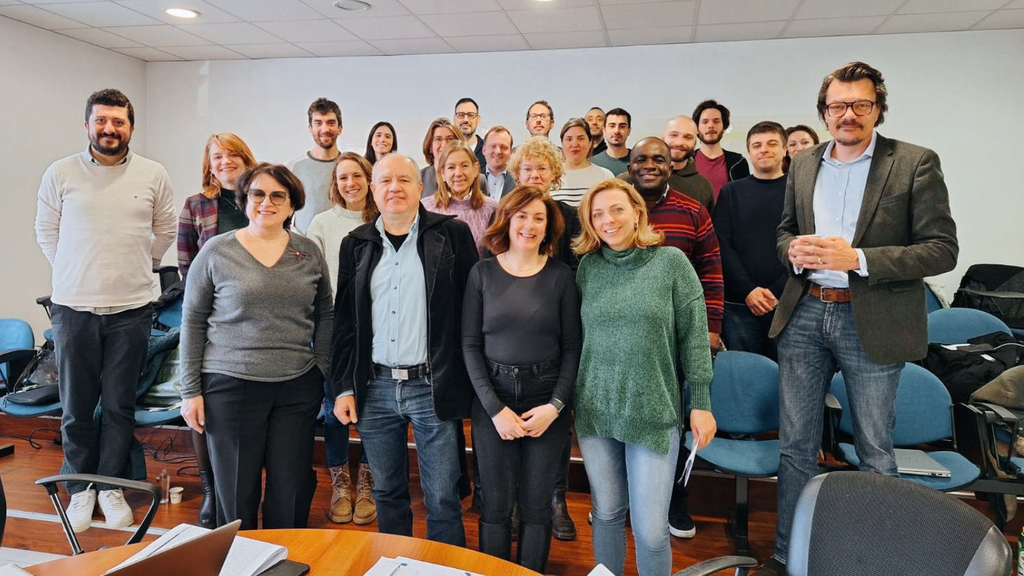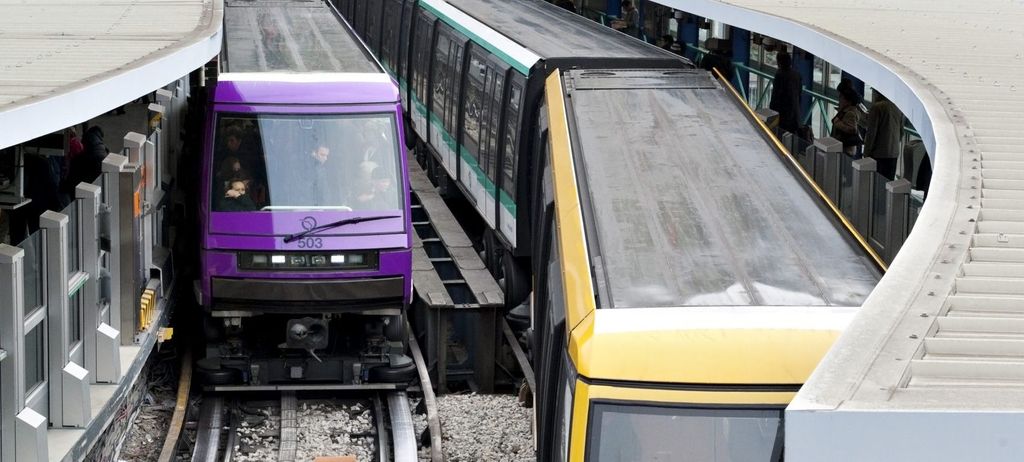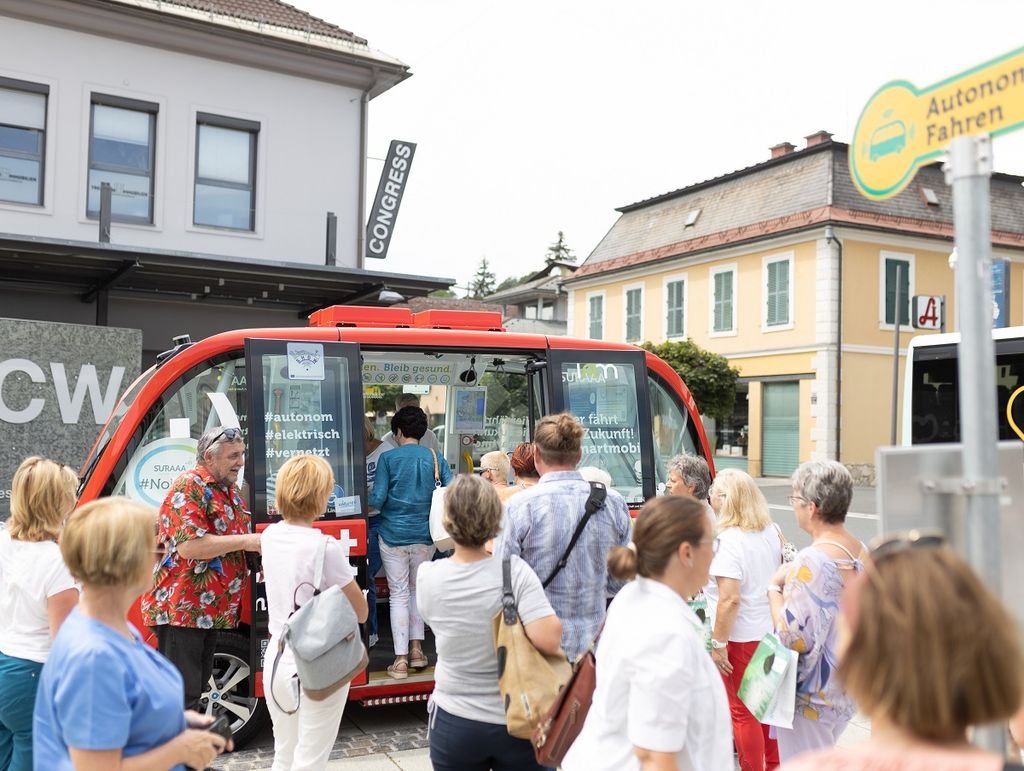
New ambitious initiative tackles automation with the mobility workforce in mind: the RESKILLING project
RESKILLING for a smarter, more inclusive and sustainable transport future
Automation, artificial intelligence and digital technologies in transport are here to stay. There’s no debate about that. The question that arises is: how will this affect the labour workforce? Where are we heading, and more importantly, how do we adapt?
UITP is proud to be among the 20 partners of the newly launched RESKILLING project, an EU-funded initiative running over three years. The project aims to address the profound workforce changes brought by Connected, Cooperative and Automated Mobility (CCAM).
What’s at stake in the era of automation in transport?
From driverless trucks to automated metro systems and remote-controlled vessels, transport is no stranger to innovation. These advancements offer clear opportunities for added value and benefits to society, promising greater safety, efficiency and sustainability. Yet, alongside the opportunities come significant challenges, particularly for the workforce and for businesses.
According to the study ‘The Risk of Automation for Jobs in OECD Countries’, an average of 9% of jobs in OECD member countries are susceptible to being automated, and the transport sector – employing 1 in 20 EU workers – is no exception. The sector also faces demographic challenges: it is ageing, with one-third of the workforce over the age of 50, and it continues to struggle with low attractiveness for younger generations.
A changing landscape of skills and jobs
The transition to CCAM technologies marks a societal shift, with direct implications for jobs and skills in the transport sector. While some traditional roles, such as those of professional drivers, may gradually disappear, new roles are emerging that demand more technical competencies. These include system supervision, data management, maintenance, and ICT-related skills.
Ensuring that workers are not left behind in this transition is essential. That means more than just identifying the changes: it requires planning, investment, and providing targeted support through reskilling and retraining opportunities.
RESKILLING: helping the sector adapt to the deployment of CCAM
Coordinated by the Centre for Research & Technology Hellas (CERTH), the RESKILLING project officially kicked off on 5–6 February 2025 in Thessaloniki, Greece. With a focus on workforce development, the project aims to ensure that Europe’s mobility professionals are equipped to adapt and thrive amid the challenges and opportunities presented by automation. RESKILLING contributes directly to the Strategic Research and Innovation Agenda (SRIA) of the CCAM partnership and supports the European Commission’s goals for industrial leadership, job creation, and economic growth.
By following a strategic approach built on stakeholder engagement, co-creation, and social innovation, the project sets out to:
- Analyse the socio-economic and employment impacts of CCAM across the value chain;
- Identify and define new job profiles and skills requirements;
- Develop and validate new training programmes and curricula;
- Propose governance models to promote collaboration between stakeholders;
- Ensure that the transition to CCAM is fair, inclusive and sustainable.
Ultimately, these objectives aim to raise awareness of the labour implications of CCAM, empower workforce development, and reinforce Europe’s competitiveness through innovation and education.
Through the RESKILLING project, I am confident that we will not only make notable advancements in assessing employment impacts but also establish robust tools that will enable businesses to strengthen workforce capabilities.
Join RESKILLING to build a resilient mobility sector
In this digital era, the focus must remain on delivering greater benefits for people. That’s exactly what drives the RESKILLING project: making sure the transition is both fair and inclusive. The shift to CCAM represents an opportunity, not a threat – if it is approached collaboratively and strategically.
Discover more about RESKILLING on the project’s official website and stay updated through its LinkedIn page.
Interested in sharing your expertise? Join RESKILLING stakeholder community here.



